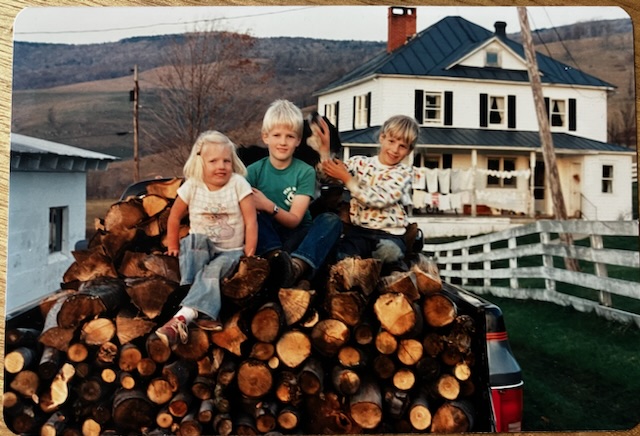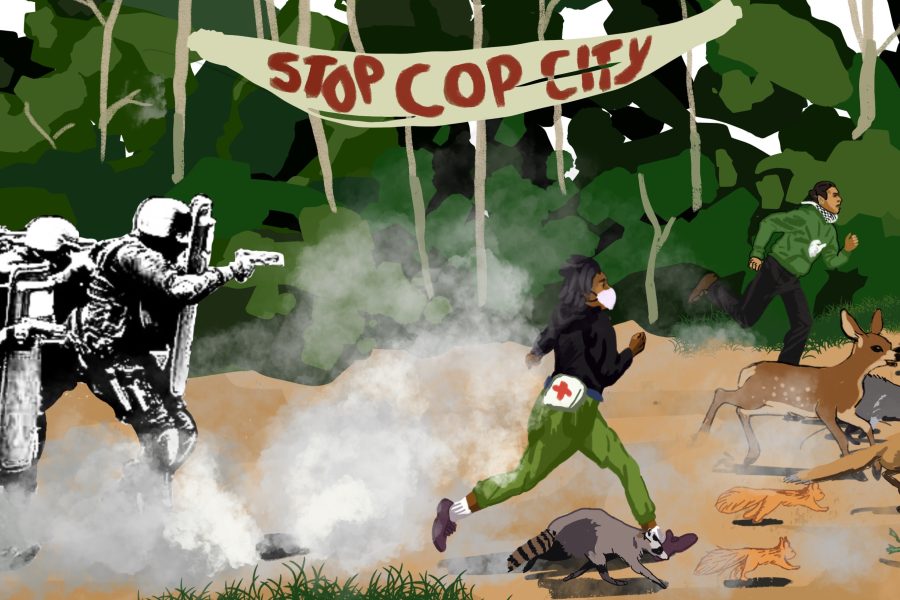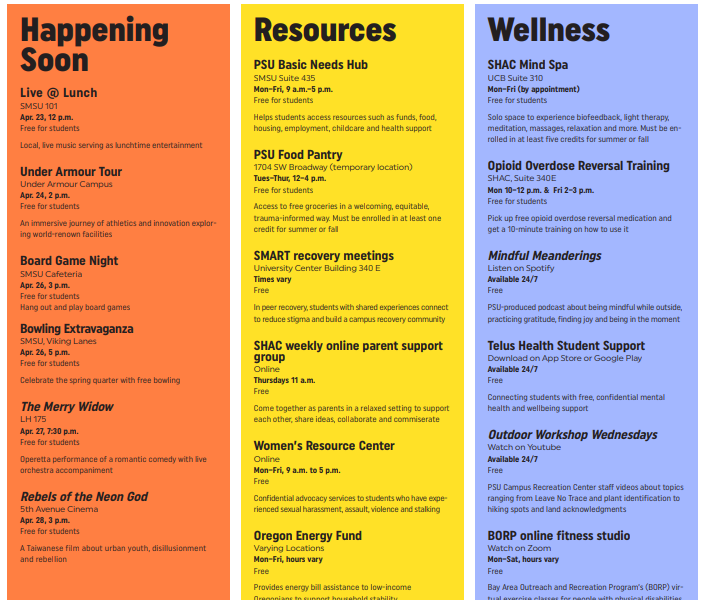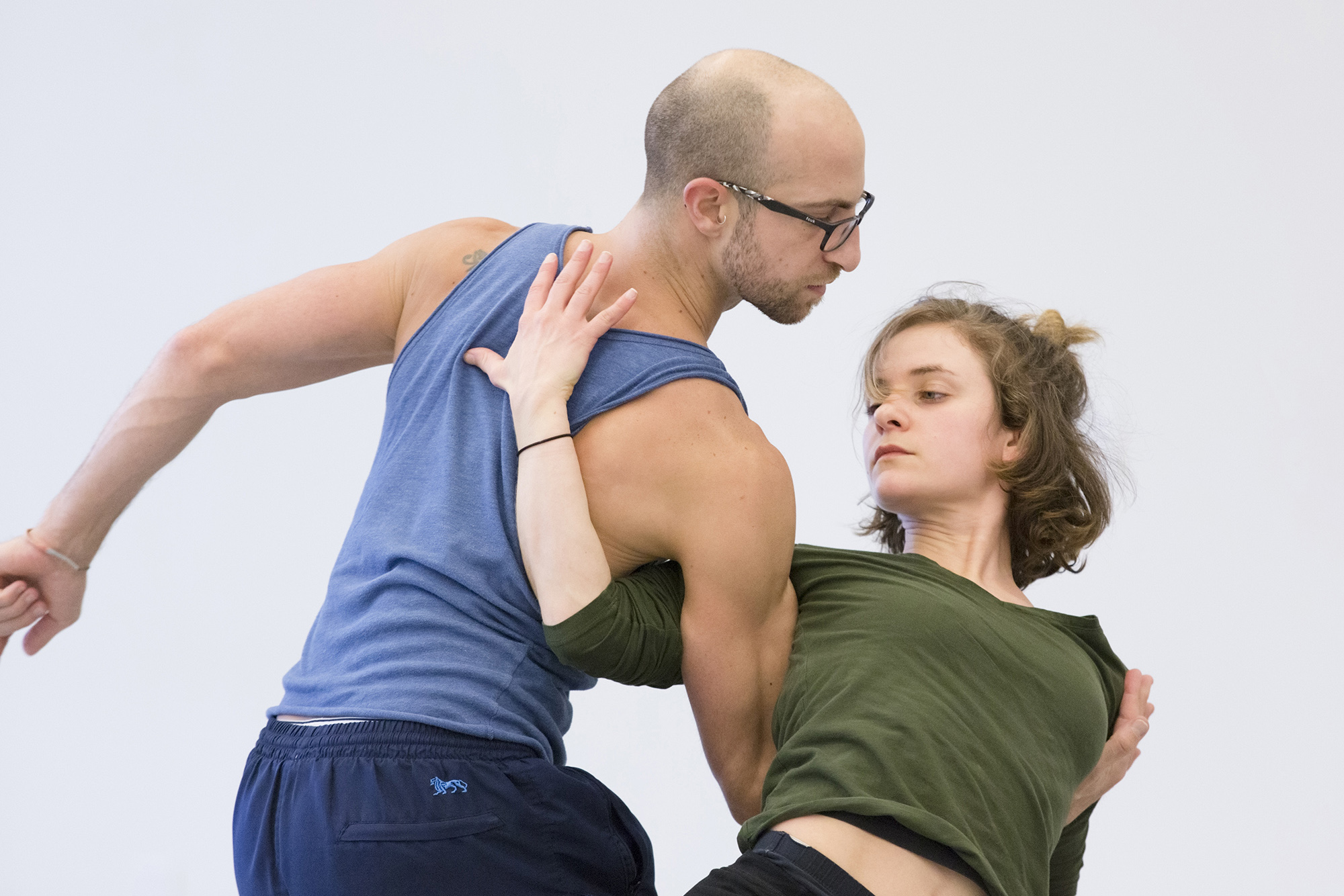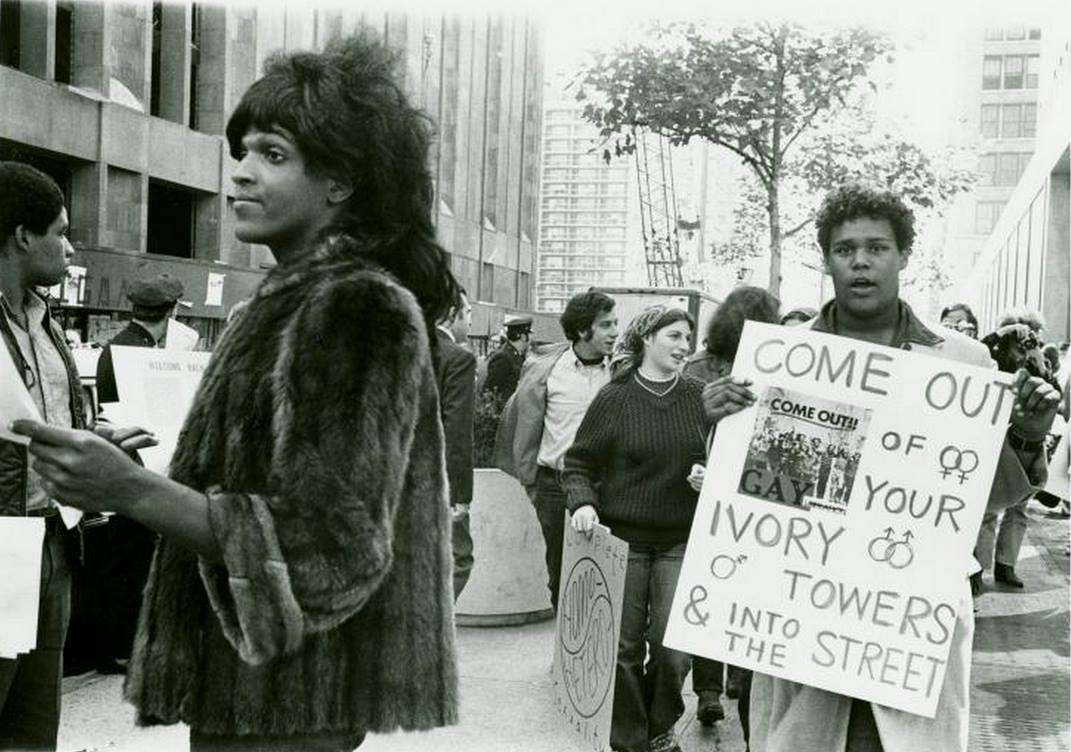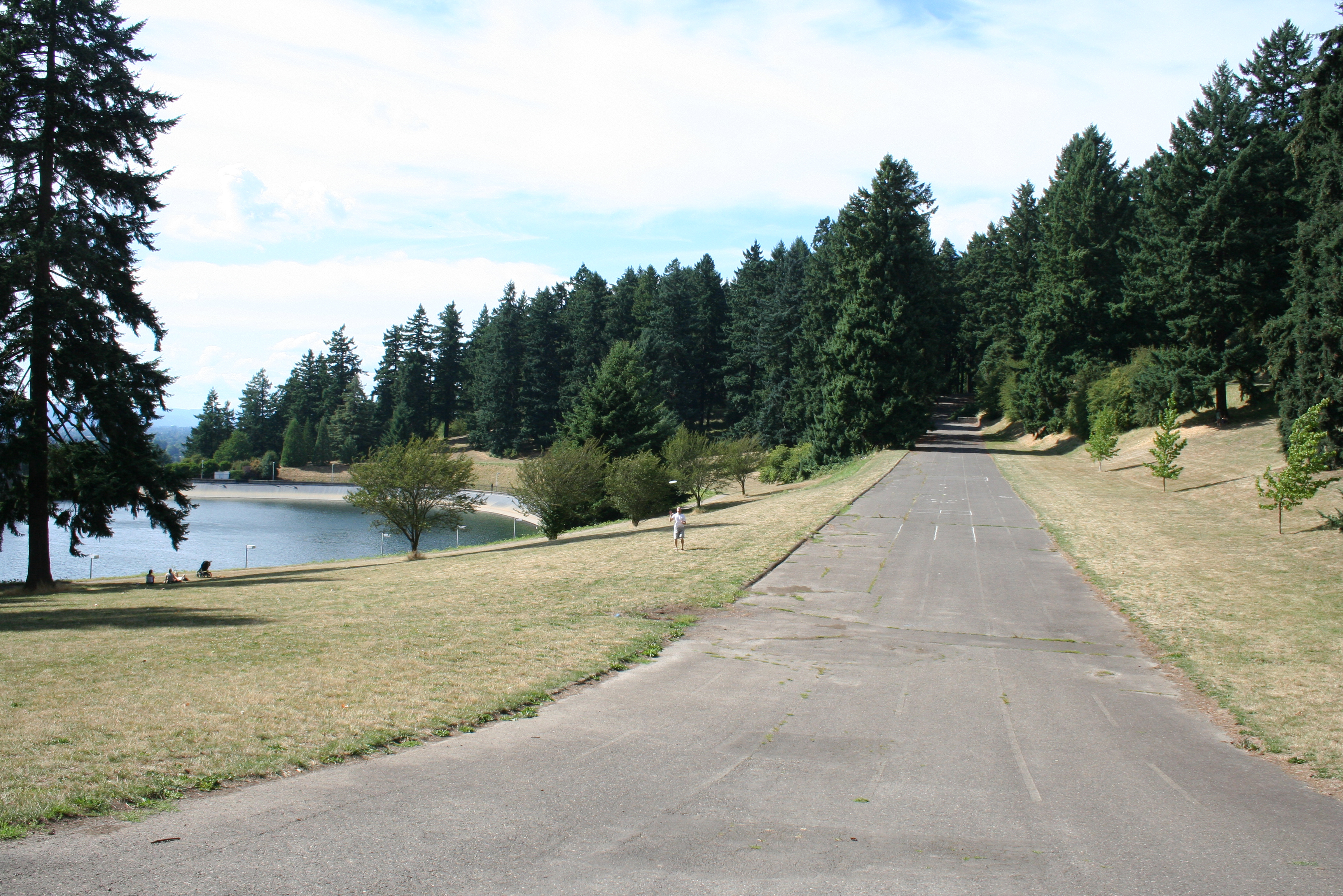Rosanna Nafziger—an alum of Portland State’s MFA in Creative Writing Program—has been awarded a 2024 Oregon Literary Fellowship. This fellowship is considered one of the most prestigious literary awards in the Pacific Northwest. It comes with a cash prize to support Oregon writers’ work and literary projects.
Nafziger—who grew up in Virginia and West Virginia in a rural Mennonite community—was selected for the Oregon Literary Fellowship for “a collection of essays about my growing up in this Mennonite community and uncovering my queerness,” Nafziger said.
Nafziger has published books in a range of genres. Alongside food historian Ken Albala, she authored two books celebrating traditional, thoughtful cooking from scratch: The Lost Art of Real Cooking and The Lost Arts of Hearth and Home.
Nafziger’s work extends to creative writing, poetry and essays which are published in various journals and magazines, including River Teeth, Gay Magazine, Fourth Genre and Tahoma Literary Review.
Nafziger is currently working on a novel which began as her MFA thesis project. She also teaches writing workshops through a local writing center called Corporeal Writing.
PSU Vanguard spoke with Nafziger to learn more about her background and current work.
Vanguard: What inspires the subject matter of your writing?
Nafziger: I think a lot of my fiction is inspired by fairy-tale or surreal experiences and also by my childhood in this Mennonite community that was very wild and rural. And actually, I think that comes out in both my fiction and the nonfiction too, because, in some ways, it felt like I was growing up in this alternate reality. It was a very evangelical, tiny community, and so it was very isolated.
There was this sense that the people around me believed that there were forces at work that were controlling our lives, like demons and God. And it felt like a creepy, fairy-tale kind of environment. And I think that comes out in both my fiction and my nonfiction.
A lot of the nonfiction is just immersive stories about my childhood, especially as a queer person in this community where I had absolutely no language to describe my experiences or my identity. And just feeling like a misfit in a community of misfits.
VG: Do you have a particular audience in mind for whom you’re writing or any particular message you’re trying to convey through your work?
Nafziger: I think there’s several things that I think as a writer—like an artist—I can’t not write about, and that would be queerness and class. And it’s not that I feel like I have a particular didactic message. I think it’s more about connecting, and I think all of my writing is like a bid for connection.
…I think a lot of it is imagining what I would have wanted to read growing up, lacking the language to even describe myself or to really understand the community I was in and writing the things that I wish I could have read then… I think it would have given me more confidence and freedom. And it’s trying to put into words the things that our society deems unspeakable… I think that’s my goal.
VG: How do you think your upbringing in a Mennonite community has shaped who you’ve become and the work you create?
Nafziger: There’s so much emphasis on community and mutual aid, which we were the beneficiaries of that, time and time again… Mennonites—like in my grandparent’s generation—were farmers. And even if they accumulated wealth, a lot of them would give so much of it to charity and live very modestly. [They’d] live in small houses and drive old cars and avoid flashiness or worldliness.
This also meant that there was a lot of emphasis on purity culture… As a queer person growing up and figuring out my sexuality, it could be rigid, and you could feel like the community’s closeness also meant that there was a lot of judgment.
I feel like some of the values of that community I do really still hold to, like mutual aid and care for the environment. Definitely, some of them I have abandoned… The theology hasn’t worked for me for a very long time. But I think that there’s a lot of cultural values that I do really appreciate.
VG: Can you tell me about what you do as a workshop leader and how you got involved in teaching at Corporeal Writing?
Nafziger: Actually, my very first teaching experience was at PSU. I got to teach an Intro to Fiction Writing course right after I graduated, which was a wonderful experience. I found the students so curious and creative, and it really made me think I want to do more of this.
Writing can be really isolating, and leading workshops, I think, can create the community that I might be lacking otherwise sometimes… And so the workshop I decided to do was combining my food writing background and my creative writing. So I use food as a way to access character [and] world-building, like labor structures within either fiction or nonfiction.
VG: Do you have any advice for young writers?
Nafziger: I think one of the best things that happened to the development of my writing was finding a writing group—a group of people that I really trust—whose feedback I know is going to be honest and kind and clear. Just sharing work with that kind of group of people helps me just figure out my voice and the direction that I [want] to go in.
And I think that’s a wonderful thing that writing workshops can do… They can put you in contact with people, and when you identify your people, reach out to them… It doesn’t have to be a whole group of people, but [can] even just be one person—just one person that you trust.

